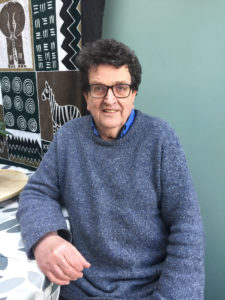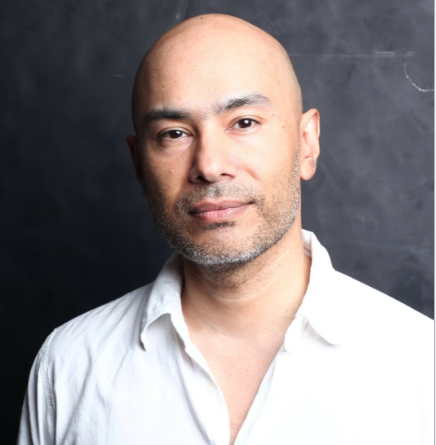The current members of the Compass Board are introduced below, in no particular order.
Ruth Lister
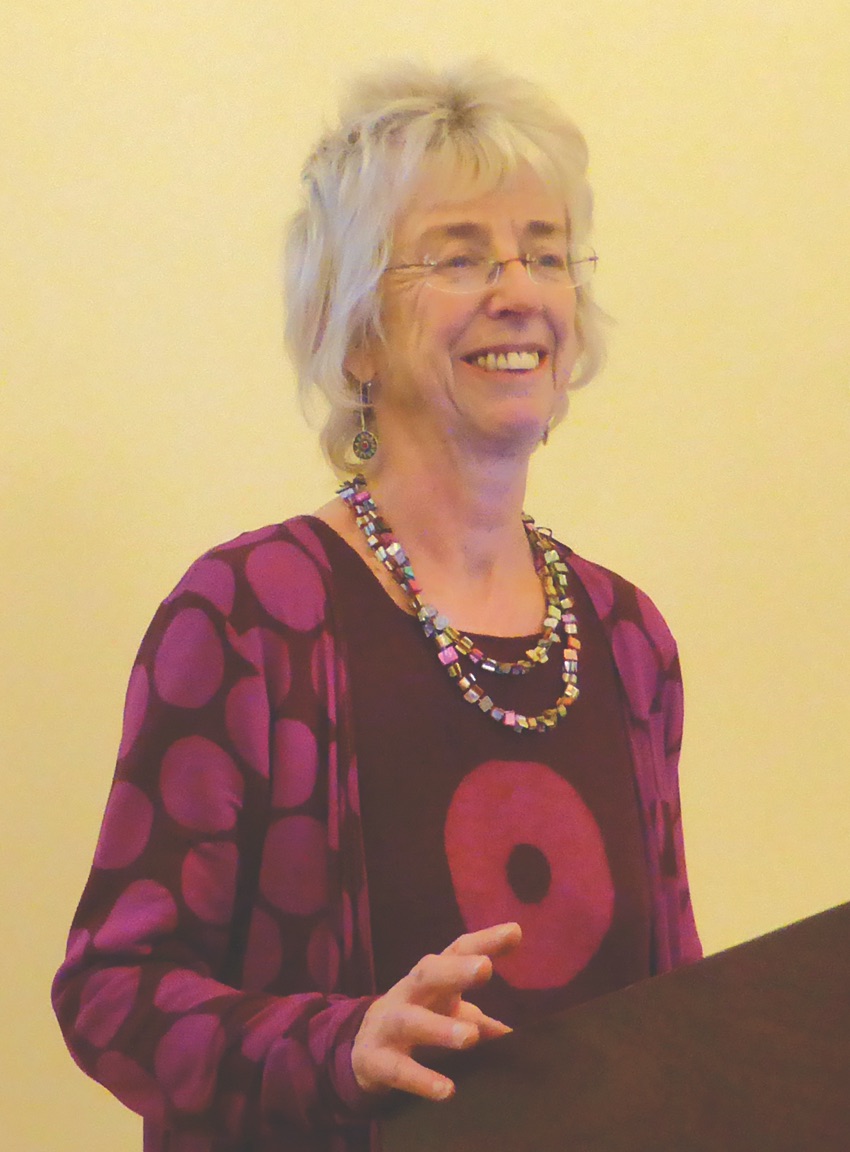 I’m a Labour peer (since 2011) and emeritus Professor of Social Policy at Loughborough University, a former Director of the Child Poverty Action Group and now its hon president. I’m a member of the board of the High Pay Centre and co-chair of the All Party Parliamentary Group on Poverty, as well as a member of several other APPGs. I live in Nottingham have been active in our Local Group there and I’ve sat on the Compass management committee since late 2010, and am now Vice Chair of the board.
I’m a Labour peer (since 2011) and emeritus Professor of Social Policy at Loughborough University, a former Director of the Child Poverty Action Group and now its hon president. I’m a member of the board of the High Pay Centre and co-chair of the All Party Parliamentary Group on Poverty, as well as a member of several other APPGs. I live in Nottingham have been active in our Local Group there and I’ve sat on the Compass management committee since late 2010, and am now Vice Chair of the board.
Compass is my political home and my anchor, all the more precious in these turbulent times. I’ve written two reports for Compass, the first on the Good Society was published in 2020 and the second on the child poverty strategy will be published in April 2025.
Due for reappointment November 2025.
Mark Cooke
 Mark Cooke is a Chartered Accountant with over 40 years’ experience of financial management, having worked in senior roles across all of the public, private and third sectors. He has been Treasurer and a member of the governing body of Compass since it began, developing its systems as it has grown, and working to keep it solvent. He is also Treasurer of the Child Poverty Action Group and of the Harington Scheme, a local charity providing education and training for young people with learning differences, as well as his local Labour Party branch.
Mark Cooke is a Chartered Accountant with over 40 years’ experience of financial management, having worked in senior roles across all of the public, private and third sectors. He has been Treasurer and a member of the governing body of Compass since it began, developing its systems as it has grown, and working to keep it solvent. He is also Treasurer of the Child Poverty Action Group and of the Harington Scheme, a local charity providing education and training for young people with learning differences, as well as his local Labour Party branch.
He also has extensive experience of the governance of not for profit organisations, wrote the original constitution of Compass and has played a leading role in overseeing the development of its governance.
Due for reappointment November 2025.
Neal Lawson
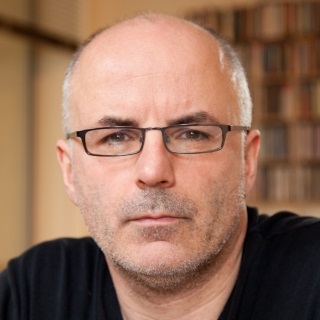 I’ve been the chief strategist, speaker and fundraiser for Compass for 15 years. We have done okay, but we now need to do much, so much better. Compass now needs to be a sustainable and powerful organisation in its own right – beyond any particular individual. If we got anything right, it was the early call that our political and party system is broken and so for all that time we have been on a steady journey to where the new energy and creativity is. The only question is how we bend the culture of the 21stcentury to our values of much greater equality, democracy and sustainability.
I’ve been the chief strategist, speaker and fundraiser for Compass for 15 years. We have done okay, but we now need to do much, so much better. Compass now needs to be a sustainable and powerful organisation in its own right – beyond any particular individual. If we got anything right, it was the early call that our political and party system is broken and so for all that time we have been on a steady journey to where the new energy and creativity is. The only question is how we bend the culture of the 21stcentury to our values of much greater equality, democracy and sustainability.
As the old dies, but is not yet dead, we need to give life to the new. To be decisive in all this, Compass has to grow up. The new Board will be dedicated to growing the organization: its strategy, message, reach and resources. We have assembled an unbelievably great team of people to help do this. I would ask every member not just to back the organisational shift, not to just support the new board, but to put time and money into what we are doing – because we called the political breakdown right and we get the sentiment of what needs to happen next. The last 15 years have just been a practice session for this moment. Politics is now lost. It needs a Compass.
Due for reappointment November 2025.
Shelagh Wright
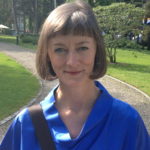 I’m a committed internationalist working with networks all over the world to develop the capacity and connectivity of creative and cultural activists to change systems at the individual, local, community or city level. I applied to be part of the Compass board to help the next phase and shape the intersection of multiple approaches and groupings, acting as a seedbed of political and system innovation to test new ways of doing things to tackle major issues like growing xenophobia, a lack of affordable housing, public spaces and basic services for citizens, and the powerful, local, ripple effects of unchecked global capitalism. I want to help make connections with others engaged in similar experiments, and enable Compass to contribute to and learn from being part of a global solidarity network.
I’m a committed internationalist working with networks all over the world to develop the capacity and connectivity of creative and cultural activists to change systems at the individual, local, community or city level. I applied to be part of the Compass board to help the next phase and shape the intersection of multiple approaches and groupings, acting as a seedbed of political and system innovation to test new ways of doing things to tackle major issues like growing xenophobia, a lack of affordable housing, public spaces and basic services for citizens, and the powerful, local, ripple effects of unchecked global capitalism. I want to help make connections with others engaged in similar experiments, and enable Compass to contribute to and learn from being part of a global solidarity network.
We know that we have to be concerned as much with how we do things as with what we do. There’s a need to radically democratise and feminise political space as key to transformation by bringing ‘other’ voices into the debate; reducing hierarchy; decentralising decision-making; listening more; celebrating dialogue; and putting care, co-operation, relationship and people’s lived experience at the heart of a new politics. This is a kind of politics that includes rather than alienates, and we urgently need to make that possible right now.
Due for reappointment November 2026.
Barry Knight
Barry Knight is a social scientist and statistician who, over a long career, has worked in many fields both in the UK and internationally. Following post-graduate research at Cambridge University, Barry worked on an EU anti-poverty programme, and later was a consultant to the Home Office Voluntary Services Unit. Frustrated by the limited potential for social change offered by mainstream institutions, Barry and others formed CENTRIS, which seeks solutions to old problems in new ways.
Over the past 20 years, CENTRIS has worked closely with more than 50 different funders and development agencies. In working with others, CENTRIS uses a variety of support skills (for example, strategic advice, facilitation, evaluation, survey design and analysis), and publishes findings from its work. Barry has written 14 books and more than 100 articles in academic and professional journals. A selection of publications can be seen here.
Due for reappointment November 2026.
Sarri Bater
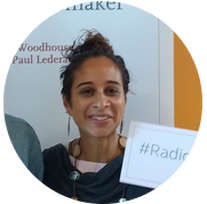
Sarri has spent nearly 30 years as a scholar-practitioner in Conflict Transformation. Sarri’s work in system change, transforming structural and cultural violences, peace building and anti-oppression has taken her to live and work around the world. Sarri’s practice goes beyond political and technical engagement to include the neuroscience and somatics of violence, power, oppression and systemic trauma, with nature connection practices and deeper spiritual and philosophical resources as key for moving from paradigms of violence to paradigms of peace and justice. Sarri has a passion for the relationship between personal change and transforming structural and cultural violences, and supports organisations and communities in non-violent leadership, alternative systems building, non-hierarchical organising and ways of distributing power.
Sarri specialises in ‘identity and difference’ conflict and is increasingly in demand to lead work on Systemic Anti-Racism, Diversity, Equity and Inclusion and Decolonising, in institutions, organisations, communities and movements, including local government bodies, philanthropists, activists, and change leaders. Sarri is committed to learning, embodying and developing re-humanising cultures, practices and systems. Sarri’s portfolio includes restorative dialogue projects; mediation and negotiation; election monitoring; University lecturing; Truth and Reconciliation projects; detached youth work; working in Maximum Security Prisons; developing understandings and engagement in Hate Crimes; UN Human Rights Council Sessions; independent advisor to police and Home Office on ‘community race relations’; school and community mediation projects; European Forum for Restorative Justice …and more.
Sarri holds a First Class Honours Degree in Peace Studies, an MSc with distinction in Transitional Justice, and an LLM in Human Rights, and certificates in many other social technologies, change processes and practices.
Due for reappointment November 2025.
Jon Cruddas
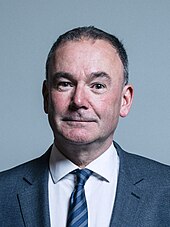 Jon Cruddas was the Labour Member of Parliament for the constituency of Dagenham and Rainham from May 2001 until July 2024. Jon was born in Helston, Cornwall and was educated at Oaklands Roman Catholic Comprehensive School, Waterlooville, Portsmouth. He graduated from the University of Warwick where he received an M.A and Ph.D in Industrial and Business Studies.
Jon Cruddas was the Labour Member of Parliament for the constituency of Dagenham and Rainham from May 2001 until July 2024. Jon was born in Helston, Cornwall and was educated at Oaklands Roman Catholic Comprehensive School, Waterlooville, Portsmouth. He graduated from the University of Warwick where he received an M.A and Ph.D in Industrial and Business Studies.
As well as working as Deputy Political Secretary to Tony Blair following the 1997 election, Jon also contested to become Deputy Leader of the Labour Party and in May 2012, became Labour’s Policy Coordinator under Ed Miliband.
More recently, Jon has written widely on the past and future of the Labour Party, including in 2023’s A Century of Labour which looks at their performance over the last 100 years and the characters and decisions that have defined it.
Due for reappointment November 2026.
John Jackson
John Jackson is a strategy consultant with twenty years experience of developing and running major international campaigns. He was co-founder and Director of the Burma Campaign, Head of Campaigns at Christian Aid, Vice President of Social Responsibility at MTV International and Senior Strategy Director at Purpose NYC.
He has worked on a number of campaigns including: Burmese democracy, landmines, debt justice, child bonded labor, world bank/IMF reform, wage justice and housing rights.
John has been a strategy consultant since 2014, providing campaigns and communications support to public and voluntary sector organisations. His clients have included Amnesty, Shelter, WWF, the GLA, City Bridge Foundation and Global Witness.
He is the co-author of Small Acts of Resistance, a collection of stories from around the world, where mischief, ingenuity and courage have been used to fight injustice.
Due for formal appointment November 2025.
Pablo John
 Pablo is Head of External Affairs for a green energy trade body where he specalises in heat networks, heat decarbonisation and demand-side energy. He works to deliver an energy system that is decarbonised, consumer led and decentralised. Before then he had worked in various policy roles across renewable energy, air quality and clean technology. He had also worked for Alex Sobel MP. Pablo was educated at the University of Leeds where he received a Bachelors in Politics and Parliamentary Studies
Pablo is Head of External Affairs for a green energy trade body where he specalises in heat networks, heat decarbonisation and demand-side energy. He works to deliver an energy system that is decarbonised, consumer led and decentralised. Before then he had worked in various policy roles across renewable energy, air quality and clean technology. He had also worked for Alex Sobel MP. Pablo was educated at the University of Leeds where he received a Bachelors in Politics and Parliamentary Studies
Pablo also serves on the board of various campaigns across the democracy sector, including the Electoral Reform Society, Republic and Politics for the Many.
In his spare time Pablo is a published fiction writer, with most recent book being “A Very British Transition”, a political thriller set in an alternate 2000s Britain, where the military junta that ruled the country has collapsed, following an eclectic cast of characters rebuilding democracy.
Due for formal appointment November 2025.

